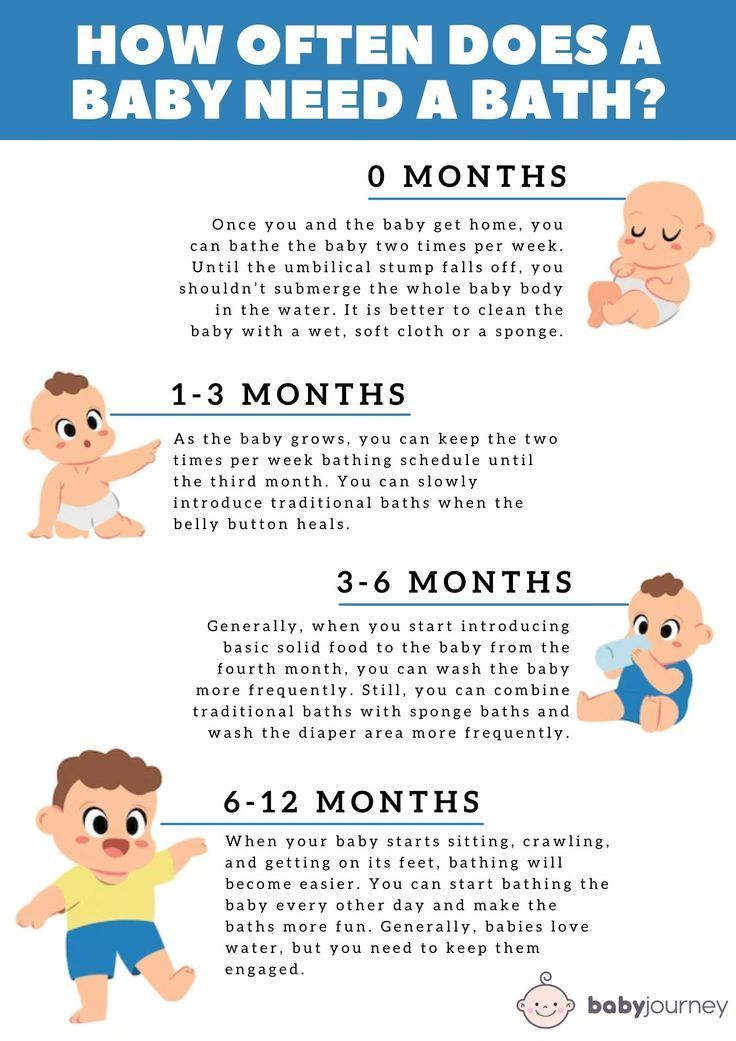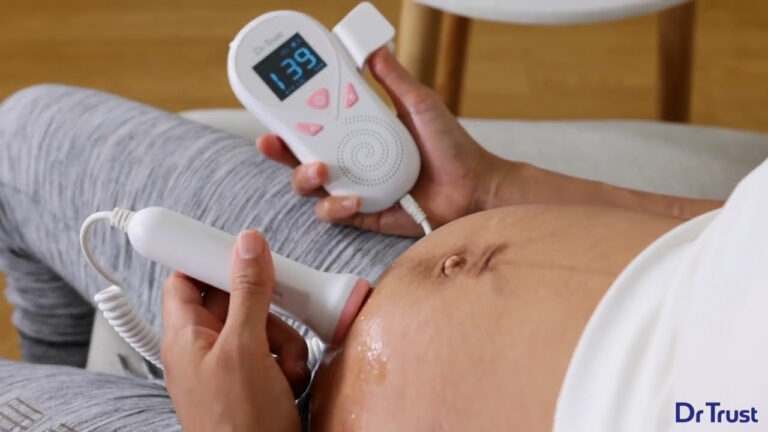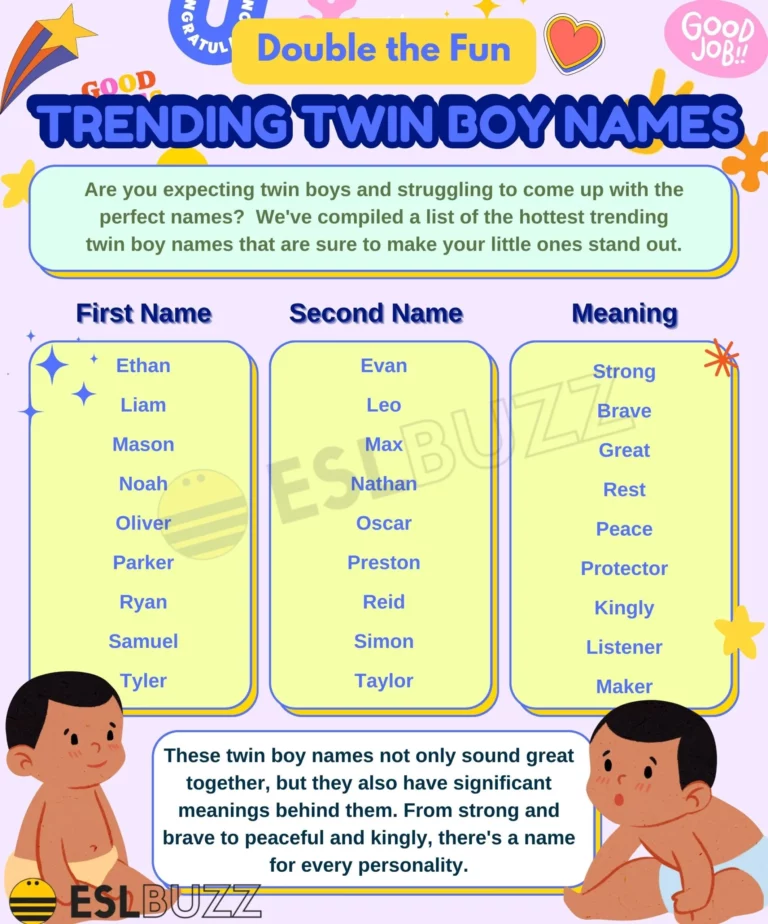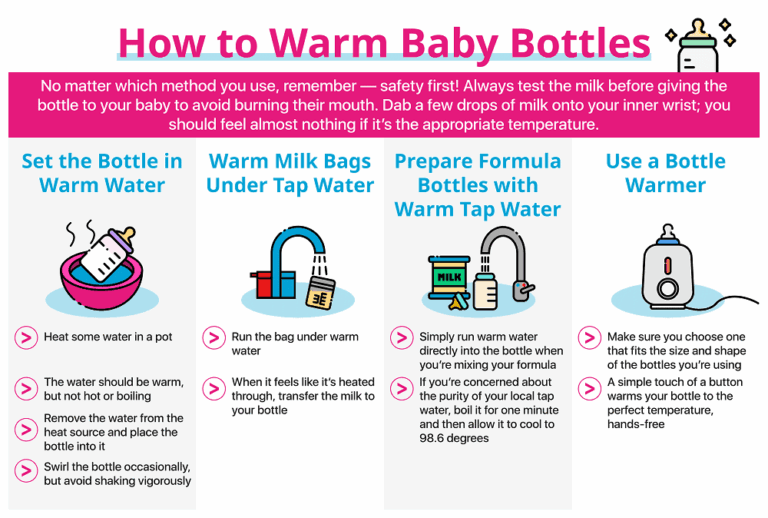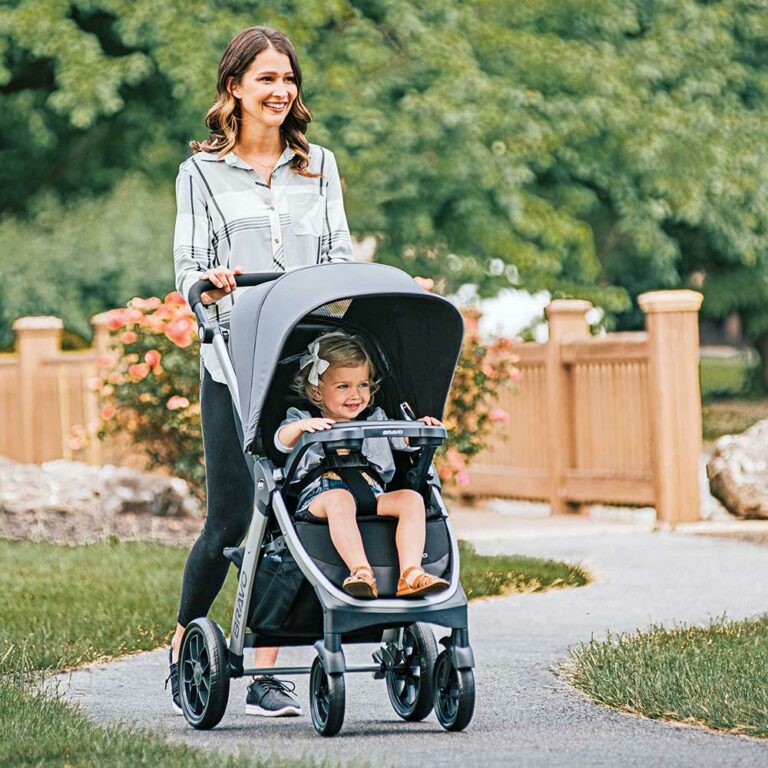How Often Should I Bathe My Baby
As a new parent, one of the many questions that may cross your mind is how often you should bathe your baby. It’s essential to keep your little one clean, but you also want to make sure you’re not overdoing it. Finding the right balance is crucial for your baby’s skin health and overall well-being. In this article, we’ll explore the topic of baby baths in detail, providing you with all the information you need to make the best decisions for your child.
Knowledge
When it comes to bathing your baby, the frequency will depend on several factors. In the first few weeks of life, most newborns do not require daily baths. A sponge bath a few times a week will suffice to keep your baby clean. As your baby grows and becomes more active, you can increase the frequency of baths to every 2-3 days. However, always remember to prioritize cleanliness in the diaper area, face, and neck, as these areas tend to get dirty more quickly.
It’s essential to use mild, fragrance-free baby soap and warm water for your baby’s baths. Avoid using harsh chemicals or strong scented products, as these can irritate your baby’s delicate skin. Make sure to support your baby’s head and neck while bathing them, and never leave them unattended in the water, even for a second.
For babies with sensitive skin or conditions like eczema, it’s best to consult with your pediatrician for specific bathing recommendations. They may suggest using a gentle cleanser or bathing less frequently to avoid aggravating the skin. Remember to pat your baby dry gently with a soft towel after the bath and moisturize their skin with a baby-safe lotion to lock in moisture.
As your baby gets older and starts crawling and exploring, you may need to increase the frequency of baths to keep them clean. However, always pay attention to how your baby’s skin reacts to bathing and adjust the frequency as needed. Some babies may benefit from daily baths, while others may do well with baths every other day.
Conclusion
In conclusion, the frequency of bathing your baby will depend on their age, activity level, and skin type. It’s essential to find a balance that keeps your baby clean without drying out their skin or causing irritation. By using gentle products, supporting your baby during baths, and paying attention to their skin’s needs, you can ensure that bath time is a pleasant and safe experience for both you and your little one.
Remember, every baby is unique, so what works for one may not work for another. Trust your instincts as a parent and observe how your baby’s skin reacts to baths to determine the best bathing schedule for them. By staying informed and attuned to your baby’s needs, you can create a bathing routine that promotes cleanliness and skin health.
